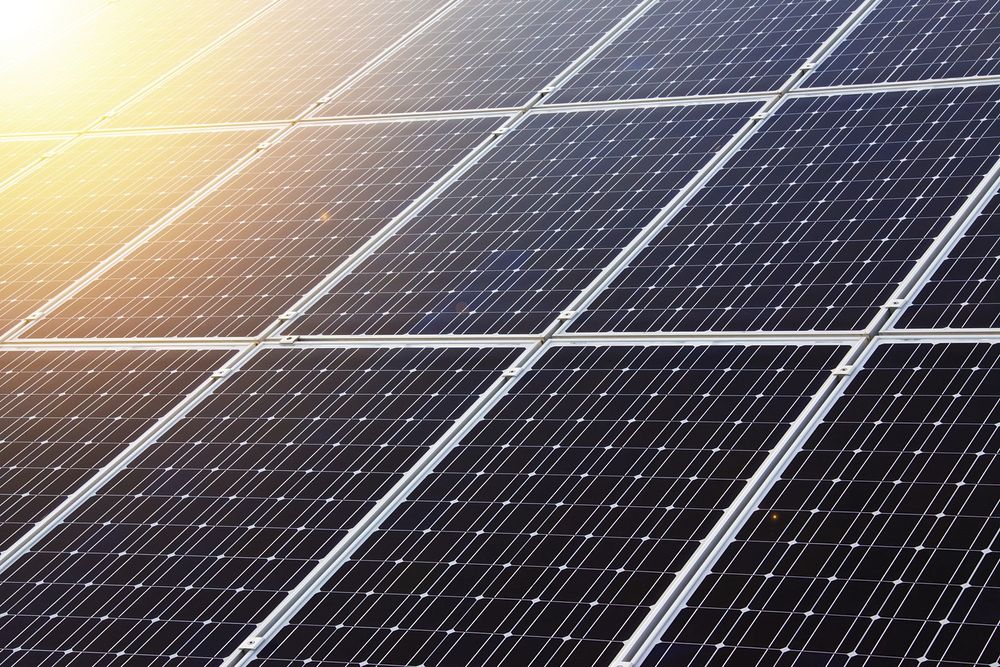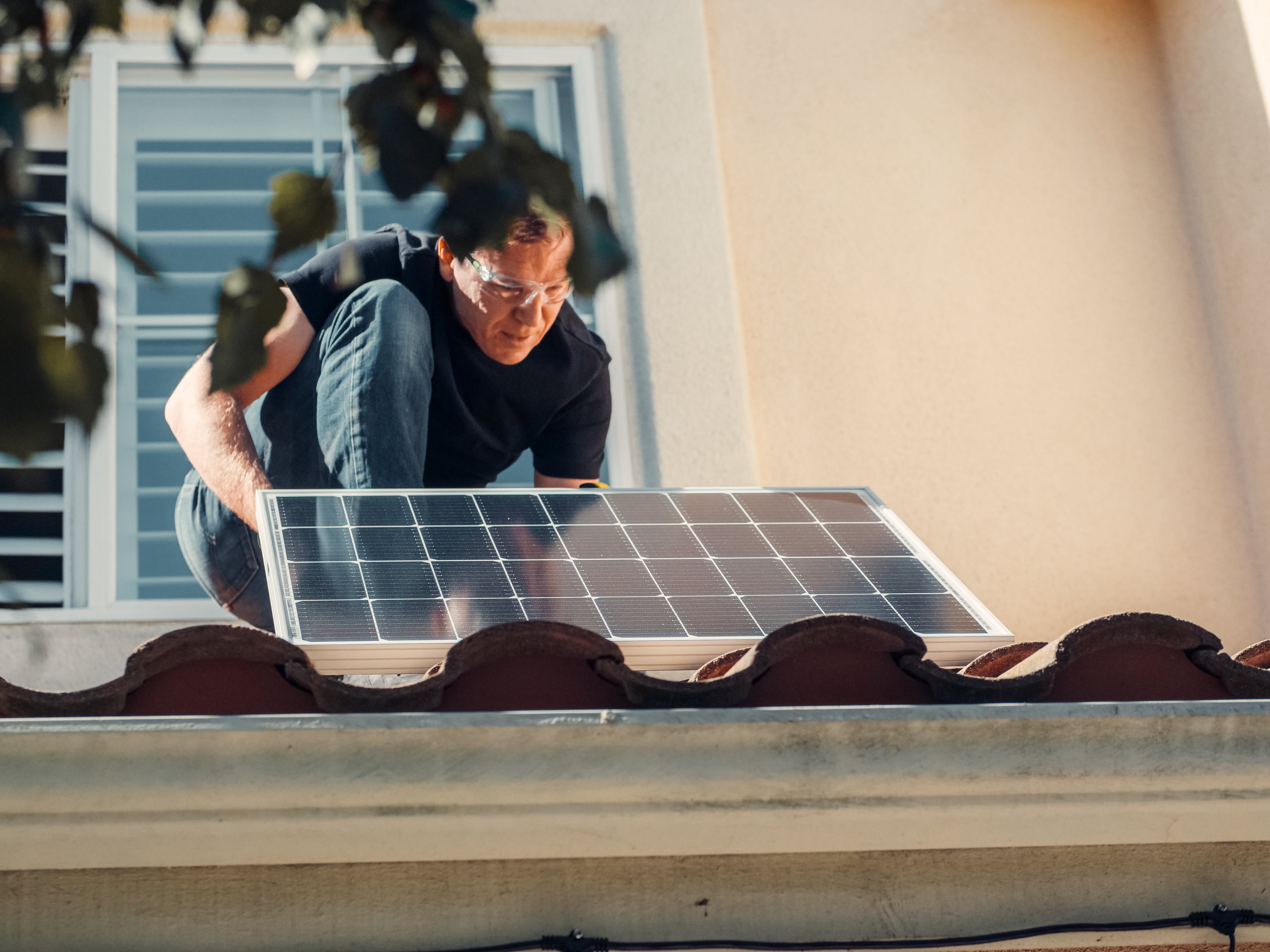Your Go-To Guide to Solar!

Creator: rawpixel.com
What, Who, When, Where, and Why?
What is solar energy?
Solar power is a sustainable and renewable energy source that helps us protect our environment. Solar energy can be drawn using two different methods. The first is concentrated solar power, which uses mirrors to focus sunlight on a receiver. The standard option for homeowners is photovoltaics, or panels, often seen on roofs or even in fields. As sunlight shines on a solar panel, cells in the panel absorb sunlight photons and create an electric field across the layers that allow electricity to flow.
Who can use solar energy?
Solar panels are made for all climates! This means almost everyone has the possibility of solar panels; however, in some cases, certain rooftops may not be suitable. For example, if the landscaping around your home includes tall trees blocking most sunlight, rooftop panels may not be best for you. If you plan on replacing your roof in the near future, be sure to keep your solar plans on hold.
Don't worry if your home is not suitable for rooftop panels as there are still ways to implement solar energy inside your home. You can get involved in a solar community: a single solar array that allows many people to benefit, with the cost divided among participants.

Creator: Kindel Media | Credit: Photo by Kindel Media
When will I be able to have energy in my house? What if it's not sunny?
Households can store energy by installing an energy storage system. The storage system helps generate power when you need it most, even on a shady day. You can ask your solar installer about battery storage options!
Where can I save money in the solar energy process?
The amount of money households can save depends on the particular situation. Examples include:
- Amount of energy household consumes
- Size of the solar energy system
- Purchasing or leasing your system
- Hours of direct daily sunlight
- Type of roof
- The local electricity rates
I implore you to do research ahead of time to reap the full financial benefits of the switch to solar. If you do happen to qualify, you can receive The Residential Clean Energy Credit, which equals 30% of the costs of new, qualified clean energy property for your home. Make sure to file Form 5695, Residential Energy Credits.

Creator: Michael Coghlan
Why should I use solar energy?
Solar energy is a great alternative energy source, and there are many advantages to having it in your home. For one, you would be protecting our environment! Each kilowatt-hour of solar energy generated reduces greenhouse gas emissions such as carbon dioxide and other dangerous emissions like nitrogen. It also creates cleaner air and water for people to consume. You would also be receiving financial returns and lower monthly utility bills. As mentioned before, saving depends on certain factors, but if you do your research, you are almost guaranteed to earn some benefits. Switch to solar today!